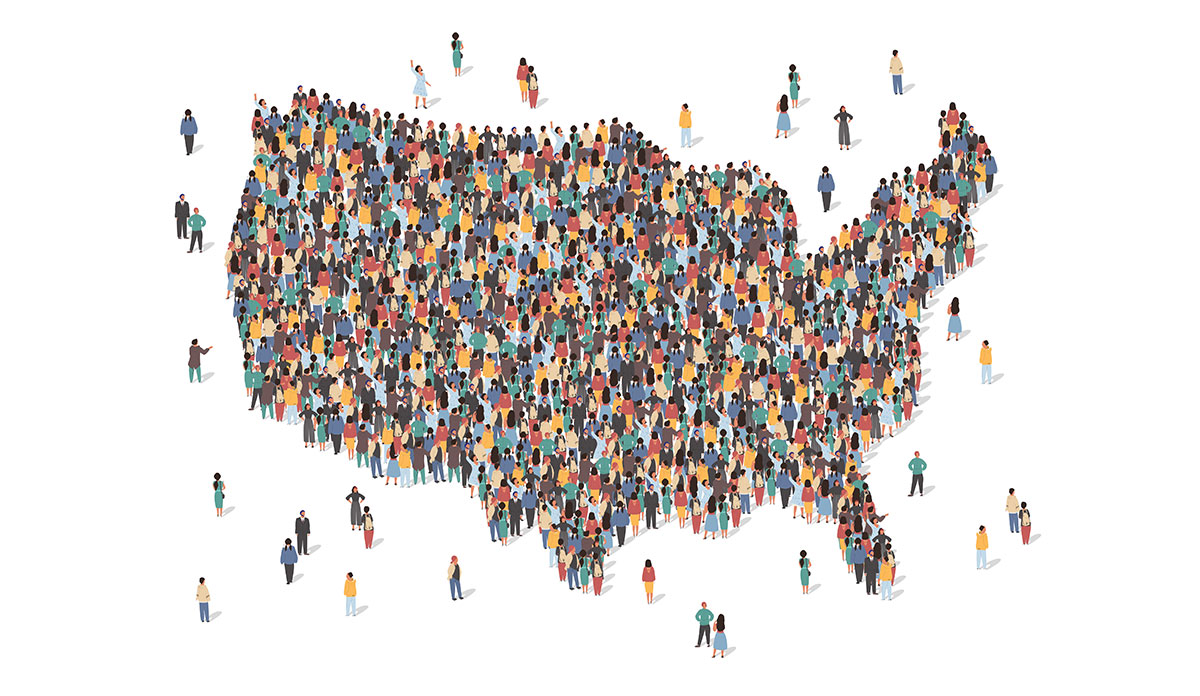The ongoing Covid-19 pandemic has influenced immigrant health in the United States in a variety of ways. Specific to migration into the US, from October 2020-August 2021, the government used public health orders to expel over 900,000 migrants seeking entry into the country. Such practices received heightened national attention this fall when the government expelled thousands of Haitian migrants who had traveled to the border between the US and Mexico without providing them the opportunity to claim asylum. Additionally, immigrants detained by Immigration and Customs Enforcement (ICE) experienced heightened risk for Covid-19 while in custody. These measures have been critiqued by scholars and activists for restricting migrants’ movement and denying them legal processes.
While these actions raise important questions regarding Covid-19 and its impact on immigration, earlier this year our research team published a concept paper that explored immigration status as a social determinant of health for immigrants already living in the US. We considered how several federal policies may have created barriers to health care access for immigrants and their families during the first year of the Covid-19 pandemic.
Highlighting barriers to health care is important because, while there are limited data specific to immigrant communities, Covid-19 infection and mortality rates among Black, Indigenous, Latino, and other people of color have underscored racial health disparities. Noncitizens are more likely to be uninsured compared to citizens, and immigrants represent a significant proportion of essential workers in sectors such as health care, retail, and agriculture.
We developed a concept map to explore some of the ways federal immigration policies intersected with national Covid-19 prevention and response efforts in 2020 at the policy, health system, and individual patient level. We identified both regulatory and environmental barriers to health care for immigrants and their families. The three federal policies implemented in 2020 were: the Coronavirus Aid, Relief, and Economic Security (CARES) Act, the Families First Coronavirus Response Act (FFCRA), and the final rule for Inadmissibility on Public Charge Grounds, also called the “public charge rule.”
We discussed ways these policies could have cross-cutting implications for access to care. The CARES Act and FFCRA expanded free Covid-19 testing for uninsured individuals, but initially they did not explicitly cover treatment expenses. People without insurance may have delayed or avoided seeking services if they were worried that they would not be able to pay the accompanying medical bills. Uninsured immigrants also may have feared that applying for public health insurance could negatively impact their ability to adjust their immigration status in the future. Such concerns may have persisted despite assurances from US Citizenship and Immigration Services that associated with Covid-19 care would not be considered under the public charge rule. It should be noted that laws and policies differed across jurisdictions, adding layers of complexity. Even though immigration policies may change, they still create lasting distrust among immigrant communities.
Immigration policies reflect patterns of structural racism and discrimination, and immigration status is a social determinant of health that influences health care access for millions of people. Such influences are multi-faceted and have impacts at the policy, health system, and individual levels. For this reason, focusing on one level in isolation of others is unlikely to be effective, especially during a public health emergency. These barriers, along with the recognition that inclusive measures support the health and safety of all people, underscore the need for more comprehensive Covid-19 prevention and response measures.
Illustration via Getty Images
















